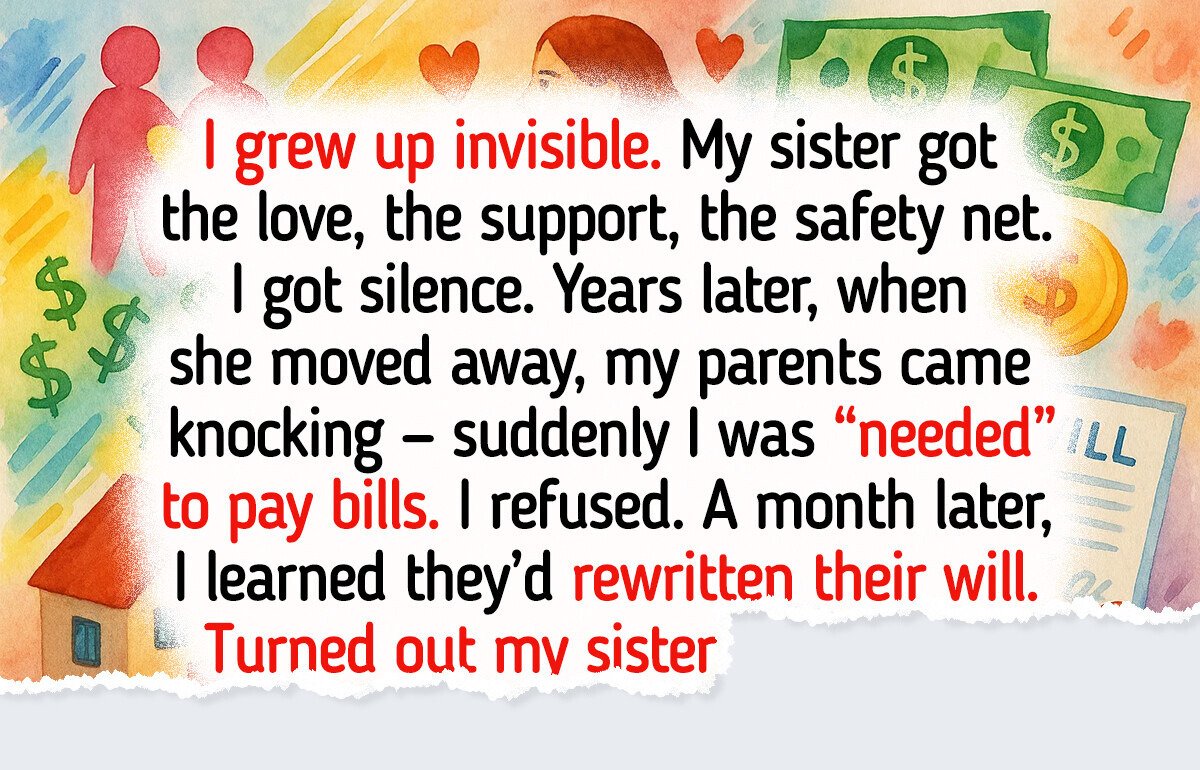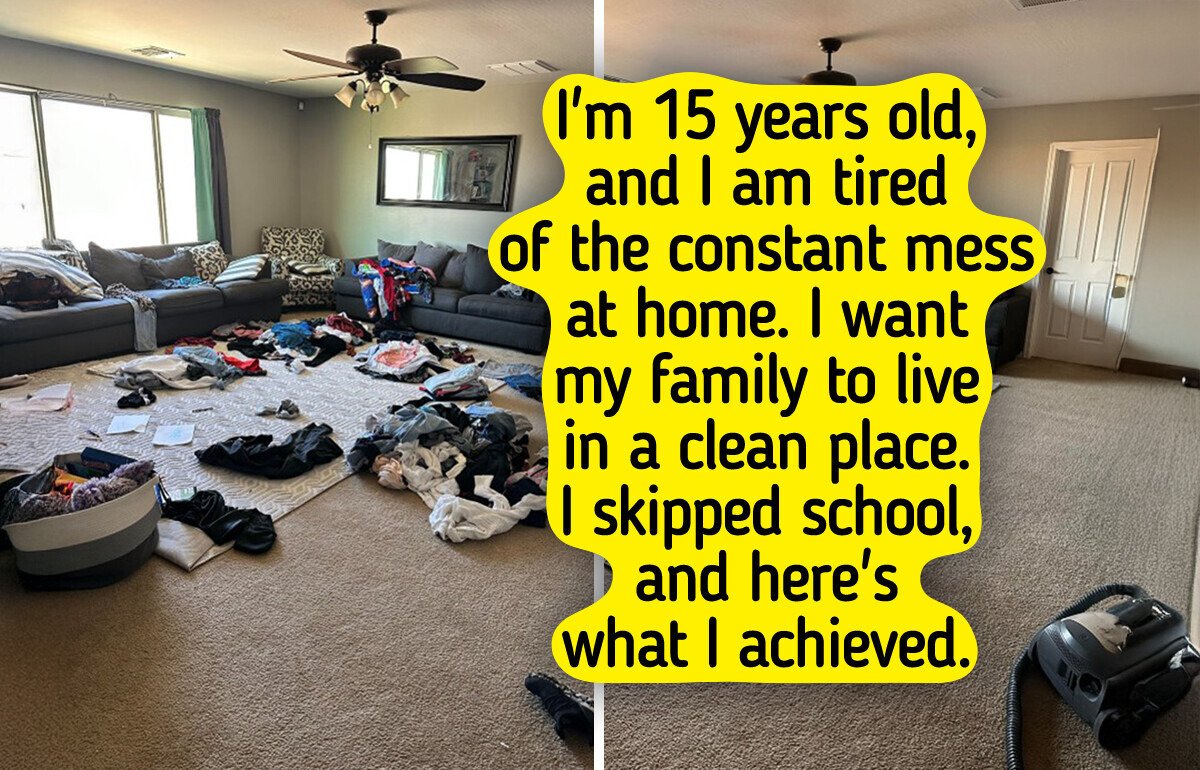
I Refused to Support My Parents After Years of Neglect—I’m Not Their Retirement Plan / Bright Side
Building unconditional self-worth
Don’t tie your worth to how others treat you. Search about Self-esteem relationship RCSE shows that people who base their self-worth on how their partner (or family) treats them experience stronger emotional fluctuations in response to relationship events.
advice: Cultivate yourselfHe deserves Through things independent Others – your values, skills, passions, and inner strengths. Remind yourself: I am worthy, even if I reject requests that do not serve me.
Spot the early due and name it
Entitlement in relationships often looks like “I deserve this” or “You owe me this” without real dialogue or justice. according to Psychology TodayDevastated merit It can appear as guilt TripsOr demands or justifications for unfair behaviour.
advice: When someone acts out, mentally label it (in your head or in your journal): “That request felt like entitlement.” Naming it reduces its power and helps you respond (rather than react).
Set boundaries using “I” statements.
The concept of entitlement Charts Encourages self-reflection and communication without placing blame.
advice: Use phrases like “I feel exhausted when I am asked to give more than I can.” or “I need time to think before committing.” This frames your boundaries without escalating into conflict.
Practice emotional distancing (not coldness, just clarity)
When someone responds with guilt or anger toward your boundaries, it often means that they feel their expectations are threatened. Because RCSE makes people more reactive to negative relationship events, those with high RCSE may explode when they feel like it merit It has been appealed.
advice: When you experience emotional pressureStop. He breathes. Remind yourself: “Their reaction is about their expectations, not my value.” Don’t try to justify or explain everything right away.
Surround yourself with validation outside of that relationship
Because it is reflected recommendation“It’s how we often internalize other people’s opinions of us, and negative treatment from a parent or partner can deeply wound our self-image.
advice: Seek support from friends, mentors, and therapists. Their approval and encouragement can help you counterbalance the toxic messages from unhealthy relationships.
Find a professional supports To break patterns
Therapeutic approaches (such as schema therapy) help uncover the origins of entitlement, rebuild empathy, and promote healthy boundaries.
advice: If you feel guilt, self-doubt, or family pressure, a therapist can help you reprogram your emotional responses and maintain your integrity.













Post Comment